US: 25 Goldsmith St, Greenville, SC 29609
Origin to End-of-Life. Here's how we help:
We’ve been in your seat. Now, we’re on your side. Our team of real-world, C-level experts fix what’s broken, accelerate what’s working, and drive results.
targeted revenue growth
We identify new sources of revenue, potential markets, partners, and growth opportunities.
Procurement Services
We recover margin with precision cost modeling, strategic sourcing, and operational optimization.
Product Portfolio Optimization
We trim portfolio complexity, boosting ROI, and building faster product pipelines.

Stay ahead of the curve.
Get actionable insights on pricing strategy, supply chain optimization, and regulatory shifts—tailored for operators in food, beverage, and ag-based manufacturing.
Join the industry leaders who read our monthly breakdowns to make smarter, faster decisions.
What're you leaving on the table?
In 30 minutes, our Growth & Margin Snapshot will show you where you’re losing margin, momentum, or missing opportunities—and what we’d do about it. Let’s talk.








